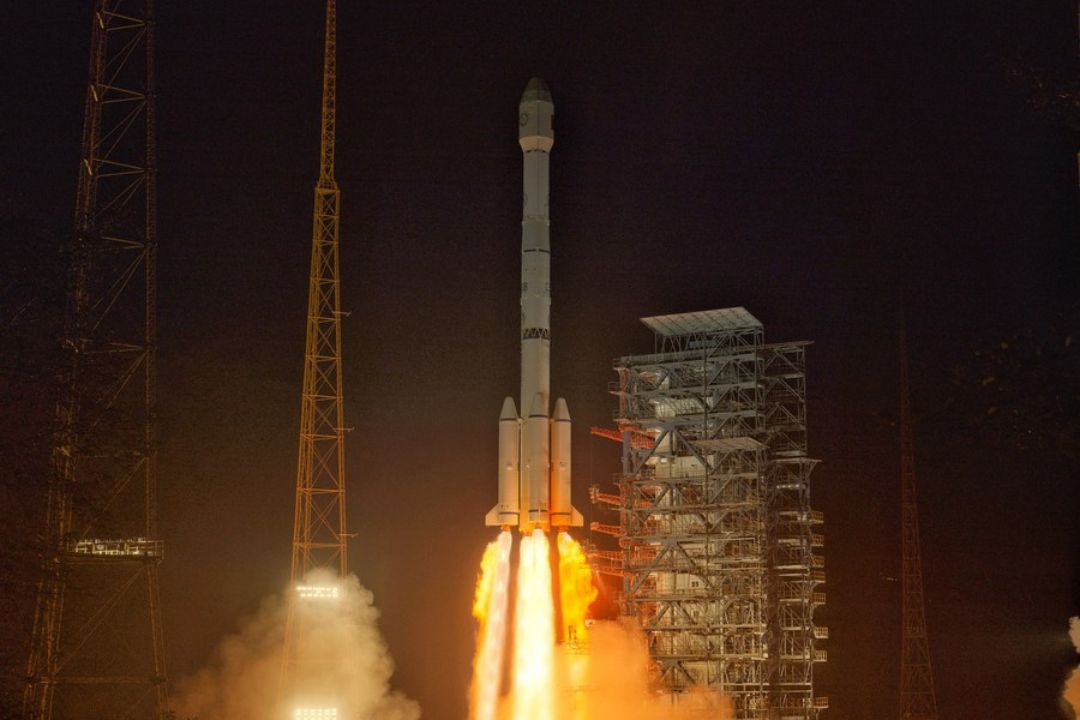
A new algorithm that combines deep and transfer learning has been revealed to improve aerosol monitoring on China’s FY-4A satellite. The study, published in the journal Engineering, was conducted through a collaborative effort between the Institute of Atmospheric Physics (IAP) of the Chinese Academy of Sciences, the National Satellite Meteorology Center, the Harbin Institute of Technology and other institutes.
Researchers believe that accurate measurements of atmospheric aerosols are critical to understanding Earth’s radiation budget, climate change and air quality. Aboard China’s FY-4A geostationary weather satellite, the Advanced Geostationary Radiation Imager (AGRI) scans China every five minutes, providing crucial data for understanding the spatiotemporal variations of aerosols.
The new algorithm incorporates key concepts from dark target and deep blue algorithms to facilitate feature selection for machine learning. According to the study, independent validation confirms that the result is highly accurate in estimating aerosol levels from AGRI.
“Our study shows the significant potential of merging the physical approach with deep learning in geoscientific analysis,” said lead author Fu Disong from IAP. “The proposed algorithm is promising for application to other multispectral sensors onboard geostationary satellites,” Fu added.
Source: http://www.chinahoje.net/cientistas-inventam-novo-algoritmo-para-melhorar-monitoramento-de-aerossois/

